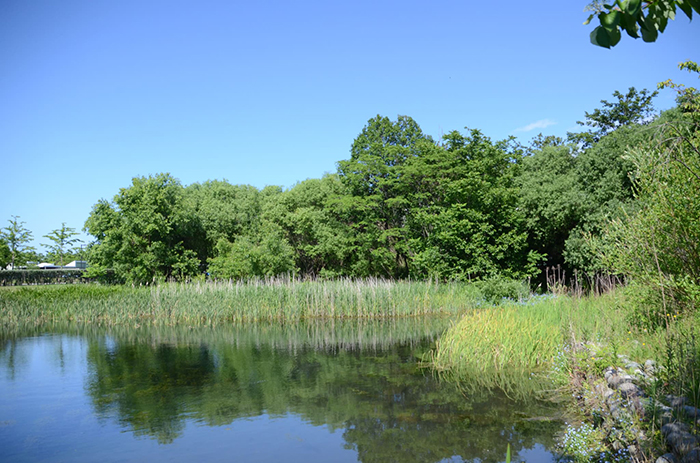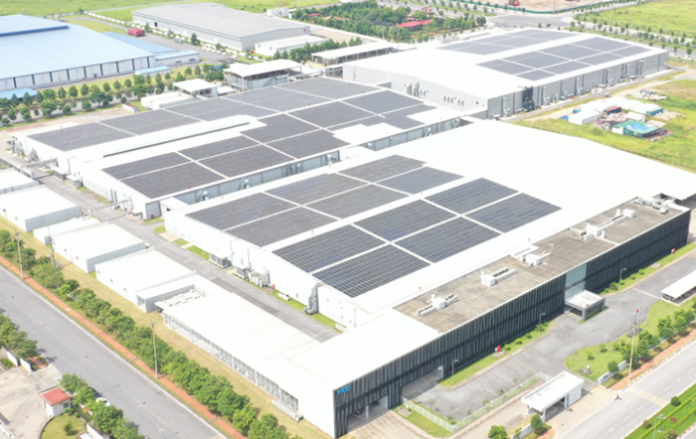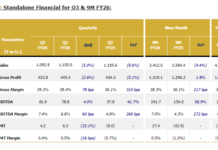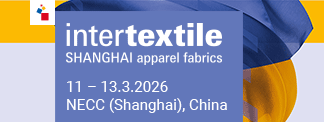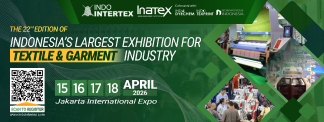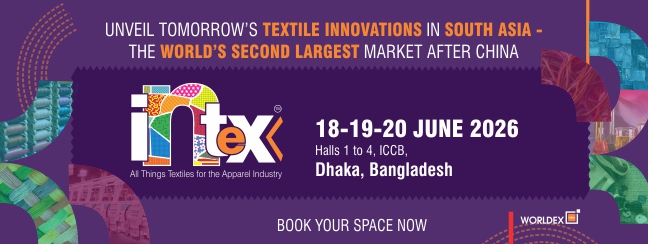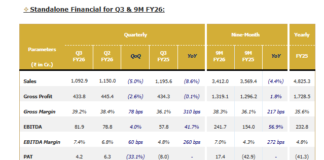YKK Corporation announces a reduction in its greenhouse gas emissions for FY2023, achieving a 56.2% decrease in Scope 1 and 2 emissions and a 32.7% reduction in Scope 3 emissions, in comparison to the FY2018 baseline figures.
In alignment with the YKK Sustainability Vision 2050, the company has been diligently pursuing ten Sustainable Development Goals (SDGs) related to five themes—Climate Change, Material Resources, Water Resources, Chemical Management, and Respect People. These goals form the bedrock of YKK’s commitment to sustainability.
In the battle against climate change, YKK has increased its use of electricity derived from renewable energy sources, part of its strategy to reduce greenhouse gas emissions. The past fiscal year saw six additional sites transitioning to 100% renewable energy for their electricity needs, bringing the global count to 37 YKK sites operating on green energy. Moreover, the proportion of renewable energy in the company’s overall electricity mix has climbed from 46.1% in FY2022 to 56.5% in FY2023.
In response to societal demands and customer needs, YKK constantly reviews the “YKK Sustainability Vision 2050.” In addition to addressing climate change, the Sustainability Vision has been revised and new KPIs have been added to accelerate efforts towards realizing a circular society, focusing on biodiversity and resource circulation. Detailed information on the revised Sustainability Vision and the latest progress on its implementation will be published in YKK’s Integrated Report, “This is YKK 2024,” to be released in Japanese on August 1, 2024 (English translation will be available this autumn). Detailed environmental, social, governance and financial data will be disclosed in the “This is YKK 2024 Data Book.”
Comment from Asako Yoshioka, Vice President and General Manager, Sustainability Department, YKK Corporation
“In FY2023, we reduced our Scope 1 and 2 greenhouse gas emissions by 56.2% compared to the base year of FY2018 through efforts such as expanding the adoption of energy-saving production equipment and plant infrastructure facilities, as well as purchasing renewable energy and installing solar power generation equipment. This far surpassed the target recognized by SBTi of reducing our Scope 1 and 2 emissions by 50% by 2030, which is in line with limiting global warming to 1.5°C above pre-industrial levels. Going forward, under the YKK Sustainability Vision 2050, which aims to achieve climate neutrality and coexistence with nature by 2050, we will continue to focus strongly on climate change, biodiversity, and resource recycling, including promoting the use of sustainable materials, and actively address environmental issues in the apparel industry throughout our supply chain.”
Resource Recycling Initiatives
YKK is expanding its resource recycling initiatives to help make a circular society a reality. In January 2024, YKK collaborated with Inditex, the Spanish apparel company that owns Zara brand, and BASF, the German chemical company, on a groundbreaking joint project to manufacture Inditex’s jackets using BASF’s loopamid circular polyamide material. YKK participated by providing zippers and snap buttons made with loopamid. YKK will continue to strengthen its efforts to make a recycling society by aiming for closed-loop recycling in the fashion industry.
Climate Change Initiatives
YKK was selected for the highest “A List” ranking in the CDP Climate Change 2023 Questionnaire in recognition of its proactive efforts to take climate action and its transparency in information disclosure. YKK was also selected as a “Supplier Engagement Leader” – the top ranking – in CDP SER, which evaluates initiatives including those of the supply chain, for the second consecutive year.
Strengthening Efforts for “Coexistence with Nature”
Under the philosophy of a “Factory in the Forest” envisioned by founder Tadao Yoshida, YKK is advancing efforts in biodiversity to achieve coexistence with nature. The Furusato-no-Mori (Hometown Forest), which YKK created within the Kurobe Manufacturing Center (Kurobe City, Toyama), was recognized as a “Nature Coexistence Site” by the Ministry of the Environment in October 2023.
